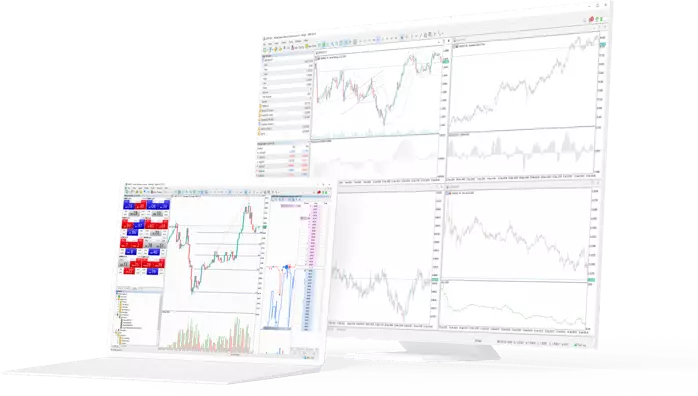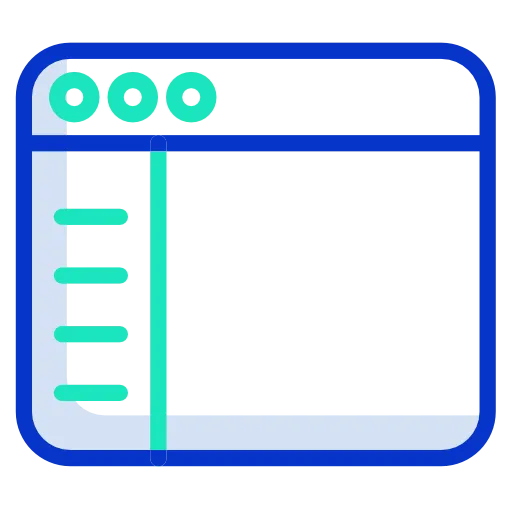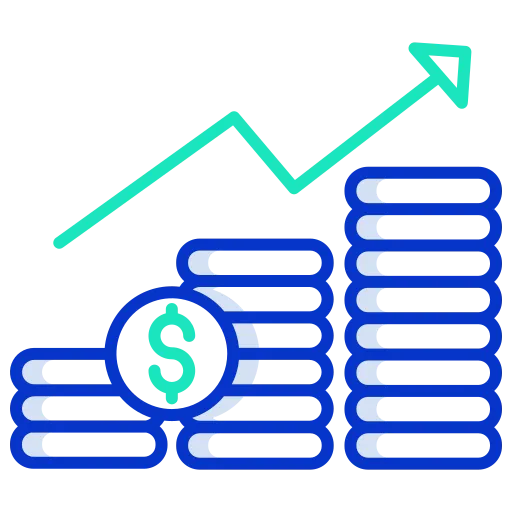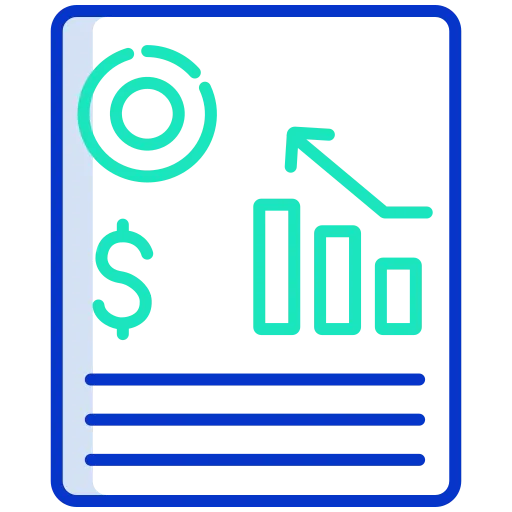About Commodities
Trading commodities is an ancient profession with a longer history than the trading of stocks and bonds. Along with the global currency exchange markets, commodity markets offer various investment opportunities for retail traders worldwide. Metals, Energies and Agri products have been traded for centuries and Investor's preference for these financial derivatives is attributed to the major role they play in portfolio diversification and risk management. Investing in commodity is a reliable means of risk mitigation even during times of inflation or economic uncertainty.

Security against Inflation/ Diversify your portfolio in to safe haven assets
Get exposure to 21 popular commodities- Metals, Agricultures and Energies
Speculating the future uptrend/downtrend market price movements
Hedging is the great risk management tool for commodity merchants
Trading on Lower Margin with leverage up to 200:1
- Metals
- Energies
- Agries
| Symbols | Commodity Name | Min Price Fluctuation |
Spread as low as | Avg Spread | Margin % | Contract Size | Long Swap in Points | Short Swap in Points | 3 day Swap | Limit/Stop levels | Trading Hours - GMT +2 |
|---|
| Symbols | Commodity Name | Min Price Fluctuation |
Spread as low as | Avg Spread | Margin % | Contract Size | Long Swap in Points | Short Swap in Points | 3 day Swap | Limit/Stop levels | Trading Hours - GMT +2 |
|---|
| Symbols | Commodity Name | Min Price Fluctuation |
Spread as low as | Avg Spread | Margin % | Contract Size | Limit/Stop levels | Trading Hours - GMT +2 |
|---|

COMMODITES TRADING HOURS
(GMT+2 time zone, please note DST may apply)
Monday – Friday: 00:05 – 23:50
In case you leave an open position for the next trading day, you pay or you obtain the certain amount, calculated on the basis of interest rates in used currency. This operation is called "swap." In the trading terminal, "swap" is automatically converted into the deposit currency. The operation is conducted at everyday 00.00 (GMT+2 time zone, please note DST may apply)
on Friday, The swap is charged for three days.
For futures CFDs, there is no daily swap charges.
Stop/Limit Order levels may vary during news or unusual market conditions without prior notice.
The average spreads indicated here are calculated throughout the day. They tend to be narrower under normal market conditions. However, spreads may widen as a result of important news announcements, during political uncertainty, because of unexpected events that can lead to volatile market conditions, or at the close of the business day, or at the weekends when liquidity is lower. During such volatile and illiquid market conditions most liquidity providers quote spreads larger than normal. At such times, spread may increase.
The margin requirement for CFDs is calculated like this : Lots x Contract Size x Opening Price x Margin Percentage and not based on the leverage of your trading account.
The margin is always calculated using Lager Leg when you Hedge the Positions on CFDs.
Commodity Trading
Along with the global currency exchange markets, commodity markets offer various investment opportunities for retail traders worldwide. Soft commodities such as sugar, wheat or corn have been traded for centuries, and investors’ preference for these financial derivatives is attributed to the major role they play in portfolio diversification and risk management.
Investing in contract-based tradable goods is a reliable means of risk mitigation even during times of inflation or economic uncertainty, ensuring both the contract buyer and seller against drastic price movements that may cause increased losses.
Frequently Asked Question
Get acquainted with the most POPULAR COMMODITIES
Commodity market is the centralized market controlled by trading exchanges. Two of the best known commodity exchanges in the U.S. are the Chicago Mercantile Exchange Group and the New York Mercantile Exchange. Traders trade futures contracts, agreeing to buy or sell commodities at an agreed upon price by a predetermined date.
The commodity market size is extremely hard to ascertain as it would be hundreds of trillions of dollars in value. However, as an example, the crude oil commodities were worth $1.7 trillion per year. In combination, the commodity markets can easily be around $20 trillion a year.
Commodities are split into two types. hard and soft commodities. Hard commodities are typically natural resources that must be mined or extracted—such as gold, rubber and oil, whereas soft commodities are agricultural products or livestock—such as corn, wheat, coffee, sugar, soybeans.
By fair competition, Crude Oil commodity trading is definitely the most volatile commodity that one can possibly deal with. And it's not for nothing that petroleum is often referred to as the black gold since it's easily regarded to be one the most expensive commodities to trade as well.
Precious metals, like gold or silver, tend to perform well during market slowdowns. But since the demand for these kinds of commodities often increases during recessions, their prices usually go up too.
1. How commodity markets work?
Commodity market is the centralized market controlled by trading exchanges. Two of the best known commodity exchanges in the U.S. are the Chicago Mercantile Exchange Group and the New York Mercantile Exchange. Traders trade futures contracts, agreeing to buy or sell commodities at an agreed upon price by a predetermined date.
2. How big is the commodity market?
The commodity market size is extremely hard to ascertain as it would be hundreds of trillions of dollars in value. However, as an example, the crude oil commodities were worth $1.7 trillion per year. In combination, the commodity markets can easily be around $20 trillion a year.
3. What are types of commodities?
Commodities are split into two types. hard and soft commodities. Hard commodities are typically natural resources that must be mined or extracted—such as gold, rubber, and oil, whereas soft commodities are agricultural products or livestock—such as corn, wheat, coffee, sugar, soybeans.
4. What are the most volatile commodities?
By fair competition, Crude Oil commodity trading is definitely the most volatile commodity that one can possibly deal with. And it's not for nothing that petroleum is often referred to as the black gold since it's easily regarded to be one the most expensive commodities to trade as well.
5. Do commodities do well in a recession?
Precious metals, like gold or silver, tend to perform well during market slowdowns. But since the demand for these kinds of commodities often increases during recessions, their prices usually go up too.
 Home
Home Funds
Funds Partners
Partners Get Help
Get Help FAQ
FAQ Chat With Us
Chat With Us Contact Us
Contact Us Call Back Request
Call Back Request Sign Up
Sign Up Cabinet
Cabinet
 About Us
About Us  Client Protection
Client Protection Account Types
Account Types Funding
Funding Trading Conditions
Trading Conditions Forex
Forex Commodities
Commodities Indices
Indices Cryptos
Cryptos Stocks
Stocks Bonds
Bonds MetaTrader 5
MetaTrader 5 FIX API
FIX API New to Forex
New to Forex Forex Glossary
Forex Glossary Traits of Successful Traders
Traits of Successful Traders Articles
Articles Ebooks
Ebooks Trading Strategies
Trading Strategies Daily Forecast
Daily Forecast Market Insights
Market Insights Weekly Forecast
Weekly Forecast Live charts
Live charts Economic Calendar
Economic Calendar Market Sentiment
Market Sentiment